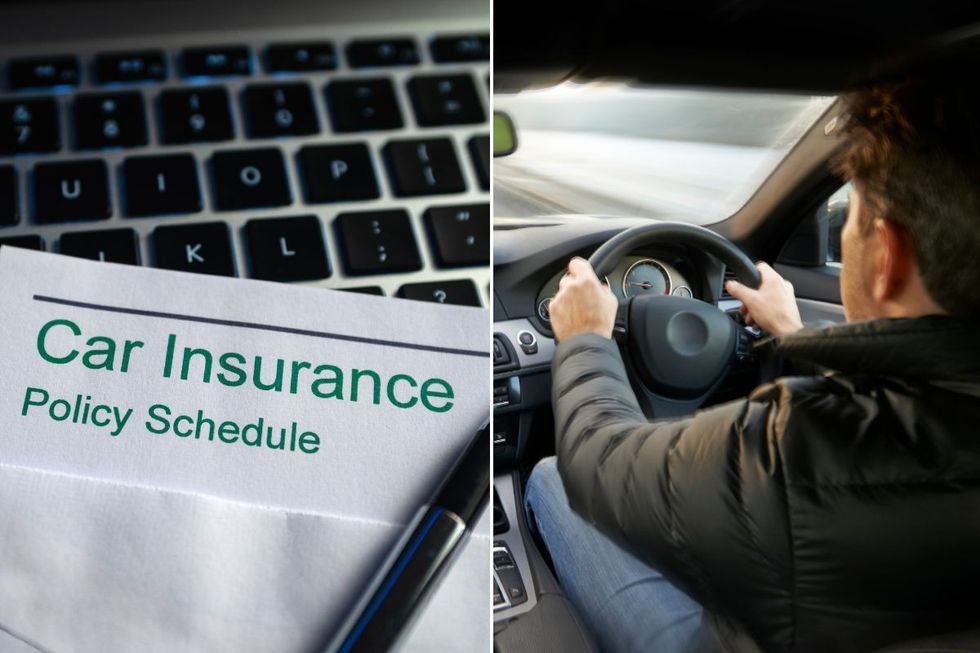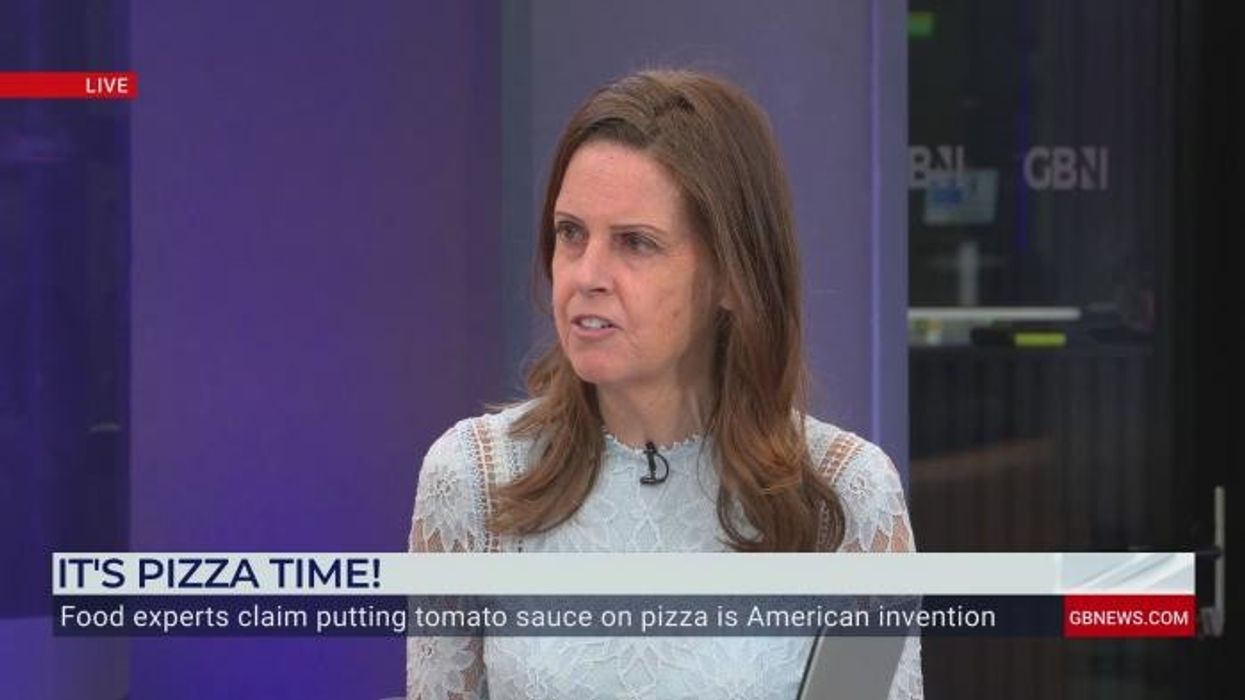Motorists face car insurance hikes as insurers view thousands as 'high risks' on UK roads - 'Two-tier system'

Drivers can see car insurance prices fluctuate depending on career and age
Don't Miss
Most Read
Drivers have been warned they could see their car insurance skyrocket for having certain qualifications, with thousands facing annual price rises.
Experts have revealed that drivers can be forced to pay more for car insurance based on their job titles, which could deem certain motorists more "high risk" by insurers.
According to reports, the typical UK driver pays around £664 per year for car insurance, but for unemployed drivers, who are mainly retirees, they can be quoted almost twice as much at £1,265.
Healthcare assistants and warehouse workers also face steep premiums above £1,000, putting them around 60 per cent higher than the UK average.
Do you have a story you'd like to share? Get in touch by emailing motoring@gbnews.uk

Insurers can charge certain professions higher premiums due to being higher risks
| GETTYBut experts have warned that this disparity affects numerous workers across various sectors, with some paying over £1,000 annually for coverage.
Insurance providers assess occupational risk factors when calculating premiums, leading to dramatic variations based solely on job descriptions.
The findings emerge from an analysis which demonstrated how employment status and professional roles directly impact insurance affordability, creating a "two-tier system" where some motorists face costs nearly 60 per cent above the national average.
Medical support staff and storage facility employees encounter annual charges exceeding £1,000, representing approximately 60 per cent more than standard rates.

Older drivers who are retired can face higher car insurance premiums
| GETTYMeanwhile, financial professionals managing accounts face yearly costs of £1,041, while courier personnel pay £1,013, and business executives are charged £1,004. As for kitchen professionals working in restaurants, they pay premiums of £952 annually.
Insurance companies reportedly link these elevated rates to factors including extended working periods, demanding environments and irregular shift patterns, which they connect to increased claim frequencies. The pricing structure reflects insurers' assessment that these occupations carry heightened risk profiles.
Long hours and workplace pressure associated with these positions have been found to influence underwriters' calculations, resulting in substantially higher premiums for workers in these sectors compared to other professions deemed lower risk.
Greg Wilson, car insurance expert and CEO of Quotezone.co.uk, said: "Our latest data highlights how much your job title could impact your car insurance premium. While it’s still good news for teachers, civil servants and HGV drivers in 2025, it’s clear that some professions continue to be hit with high costs."
LATEST DEVELOPMENTS:
- Labour blasted over new road charges as drivers could return to petrol and diesel cars - 'Counterproductive'
- Sadiq Khan to ban all cars from Oxford Street next month as trial aims to support 'traffic-free' city
- Motorists face £80 penalties this September for engine offences as millions return to roads
Storage facility employees experienced a £308 reduction in annual premiums, while medical support staff saw decreases of £277, and kitchen professionals benefited from a £328 drop.
Nevertheless, these occupations continue commanding rates substantially exceeding national averages, maintaining their position amongst Britain's costliest insurance categories.
But more shockingly, pensioners who previously enjoyed minimal premiums have witnessed dramatic increases, with costs jumping from £492 to £733, representing nearly 50 per cent growth and marking 2025's steepest rise across all major occupational categories.
Insurance providers have attributed escalating costs for older motorists to factors emerging after age 70, including increased health complications and road incidents.

Drivers with certain job titles could be hit with higher insurance premiums
| GETTYThe sharp increase goes against the traditional advantage older drivers obtain through affordable coverage, with the hike now placing them amongst those facing the most substantial premium burdens.
Educational professionals and Government employees benefit from the most competitive rates, with civil service workers paying merely £495 annually and educators facing £532 charges.
Professional lorry operators surprisingly secure favourable premiums at £556, whilst nursing staff and administrative personnel pay £668 and £663 respectively.
Insurance companies regard educators and civil service employees as minimal-risk clients, attributing this to consistent schedules and organised professional environments, which correlate with reduced accident frequencies.











